Why Is Nobody Talking About The Misogyny In Once Upon A Time In America?
Noodles is a terrible person, but for reasons that remain unclear, he and his actions are repeatedly portrayed as heroic.
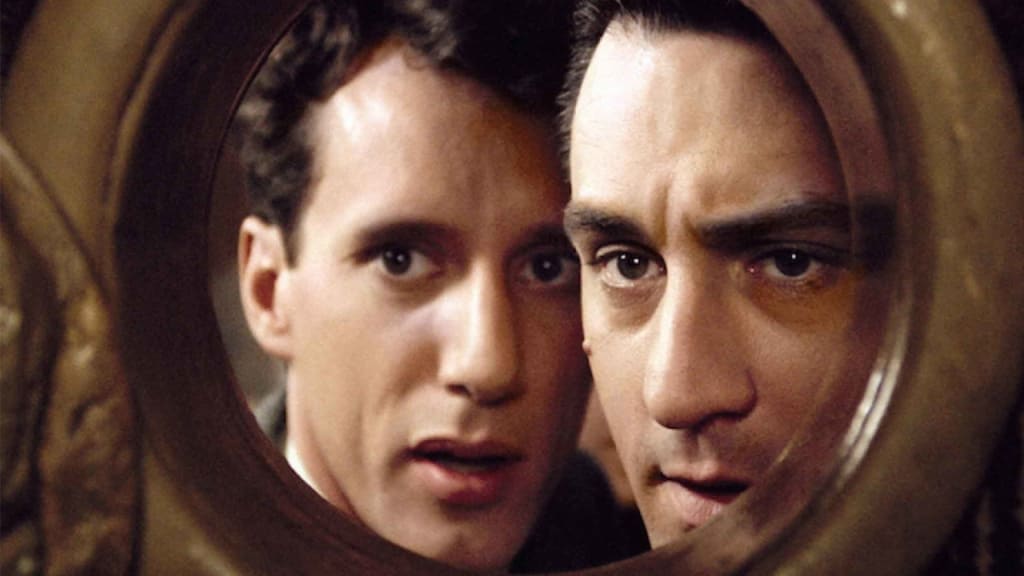
Last night I sat down to watch what I thought was an essential cinema classic - Sergio Leone's Once Upon A Time In America. I was expecting a sweeping epic tale of romance, friendship, and betrayal. Minus the romance, the film half-heartedly delivers on those promises, with a score to match. In fact, Ennio Morricone's compositions are too idyllic and romantic for the film. The almost four-hour story fails to develop its characters, and no matter how alike the young/old acting counterparts may look, little harmony exists between the two sets of characters they play. An exception can be made for the protagonist, Noodles, who is a terrible person, but for reasons that remain unclear, the film wants us to sympathize with him.
The story is told largely through flashbacks, framed by the perspective of a much older Noodles, who is now a former gangster. Along with a few other young boys, he formed a gang during the Prohibition Era. In the present, he returns to New York after spending decades in exile in an attempt to reconcile his past mistakes.
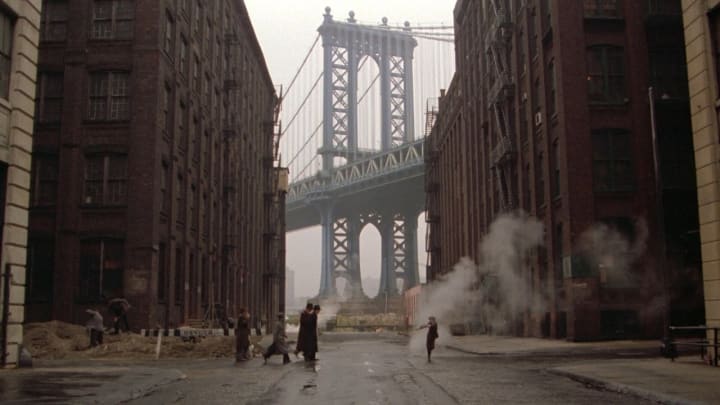
Noodles starts off seemingly as a kid like any other, though the first red flag should be his creepy spying on a little girl as she practices her dancing. Here, the excuse could be that Deborah wants him to watch her, and as she begins to undress, Noodles turns away and leaves. The next significant moment should be when he lets a fellow member of his gang, a little boy, die for him. But okay, sure, he avenges his death by killing even more people. By now, he should be considered an antagonist. But again, an excuse could be made that his surroundings are even harsher than he is, and that he's surrounded by evil and oppression on all sides.
But when he r*pes a woman during a robbery, and she claims to enjoy it, there is simply no excuse. This is an exact reflection of the real world: "Oh, she was into it." But problematic portrayals of sexual assault, like the ones in Once Upon a Time in America, are exactly why the audience reviews are written by men who think this is acceptable behavior. Movies like this one must be held accountable for perpetuating toxic ideas that lead to horrific consequences in the real world - most of the time, at a woman's expense.
I kept hoping that in the present day, Noodles would show some remorse for how he treated women, but the music swells painfully when he reunites with Deborah years later - as if she's his lost love, as if he slightly messed it up with her, as if she's also to blame for their distance. It's clear that in this moment, we're supposed to sympathize with Noodles, who is heartbroken and upset and gave up his entire life to get away from his past. This might have been achievable had the film taken steps to make sure that everyone - the audience included - understands how wrong Noodles' actions were, especially his treatment of Deborah.
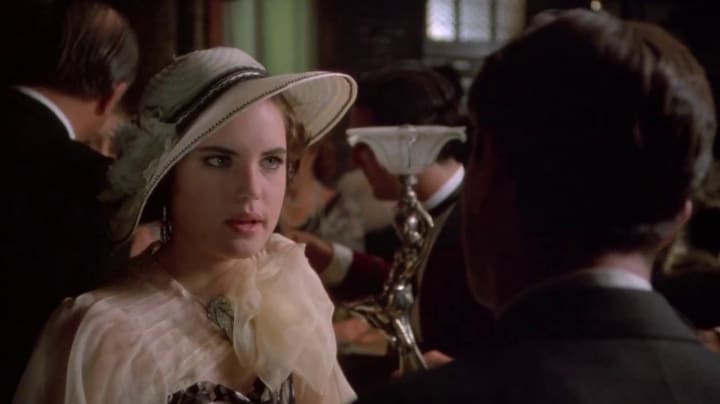
I kept thinking, how would a woman - like me - feel, watching this film? How would she review it? How would she feel watching the r*pe and sex scenes, which are indulgent, exploitative, and deeply disturbing? What woman watching could possibly empathize with any of the female characters in this film? Even Elizabeth McGovern, who plays the older Deborah (who somehow looks exactly the same as she ages 30 years), says that it's a very male film and highlights her discomfort during the whole experience. I kept wondering how the film would be received had it been made and released today. Surely, it wouldn't be praised in the same way.
But I had a look at the reviews - almost all of them written by men - and I felt my heart sinking. Many user reviews condemned the film for being too long and boring, but praised it for its nudity and two "love-making scenes". Both of these scenes are, in fact, r*pe scenes.
So, the question is, why do we continue applauding this suffocatingly male industry? Why is every big movie account on Instagram posting the same content? This content usually consists of a good measure of Quentin Tarantino movies, which are disappointingly male-dominated. Even in the few cases when one female character is developed, she doesn't have nearly as many lines as the male characters. (Yes, I'm looking at you, Once Upon a Time in Hollywood. Coincidence?) If anyone reading this doesn't understand what I'm getting at, have a look at this hilarious piece by Ali Elkin in McSweeney's. From now on, I will be avoiding indulgent, and often straight and white, male fantasies in which the only female characters are objectified and abused.
About the Creator
Svetlana Sterlin
Svetlana Sterlin is based in Brisbane, Australia, where she writes prose, poetry, and screenplays. The founding editor of swim meet lit mag, she also edits with Voiceworks.
More from Svetlana: https://linktr.ee/svetlanasterlin


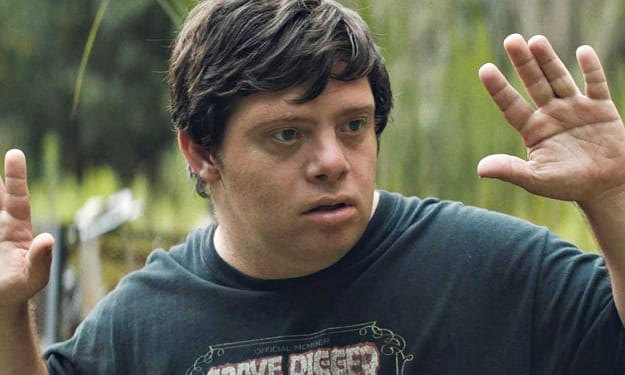

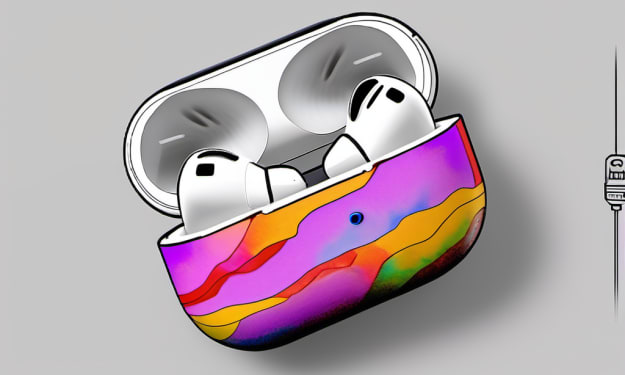

Comments (1)
Svetlana Sterlin is not accepting comments at the moment
Want to show your support? Send them a one-off tip.